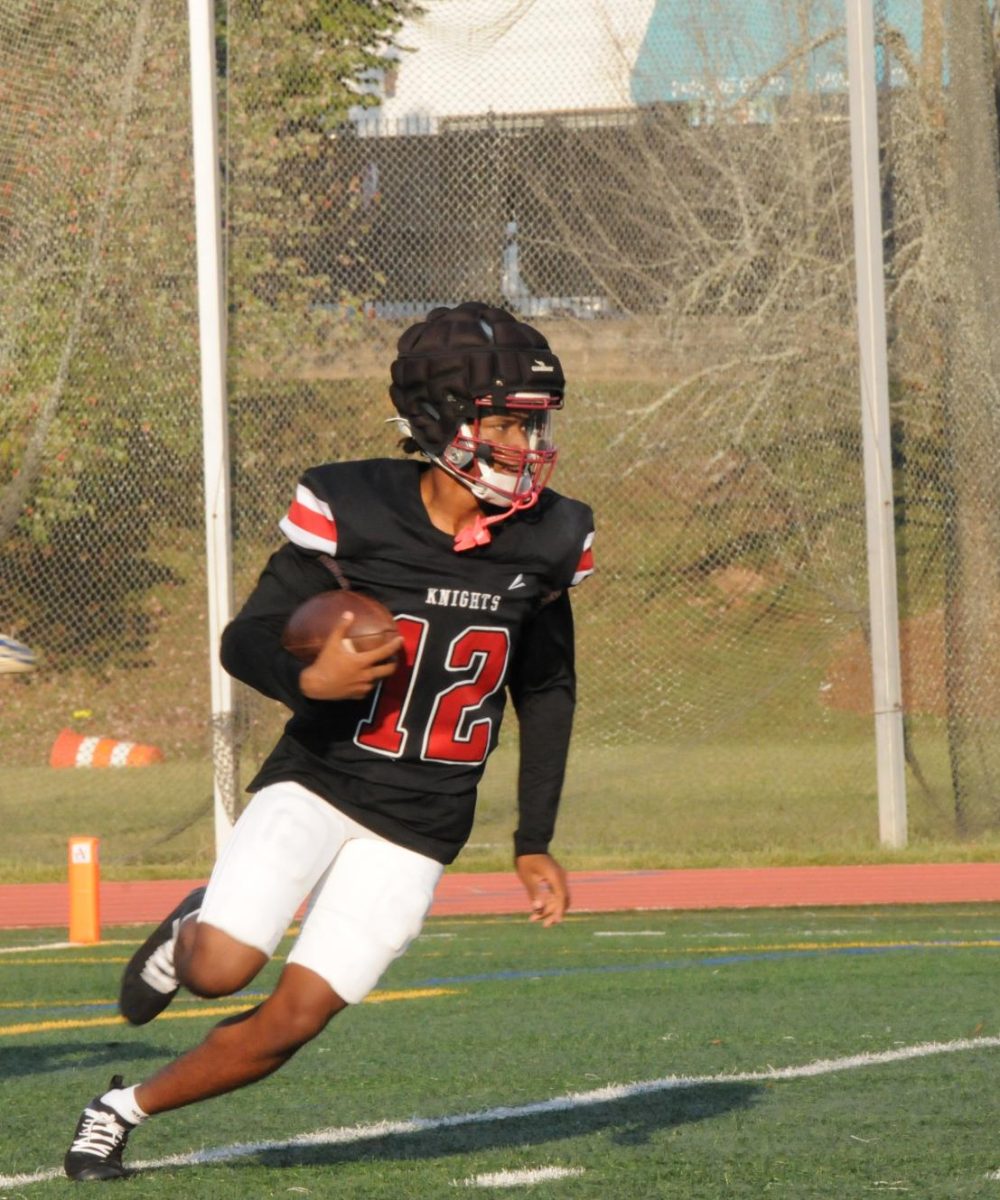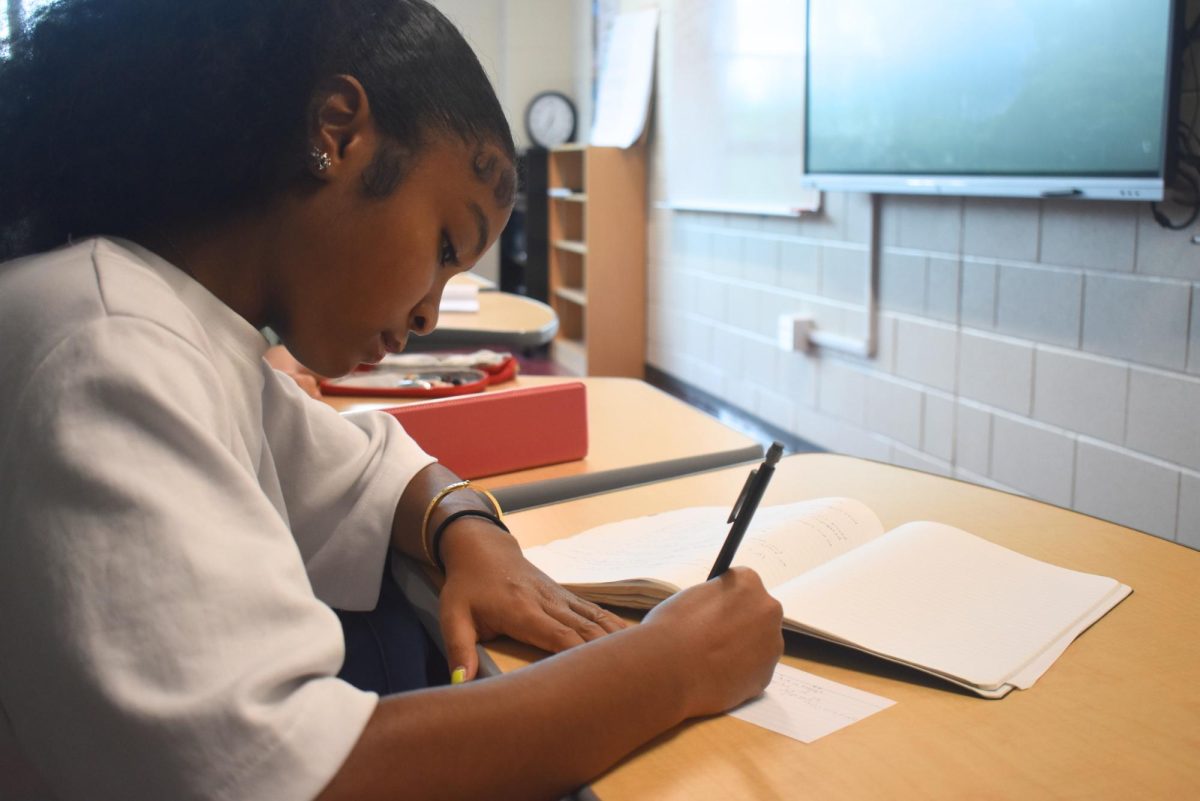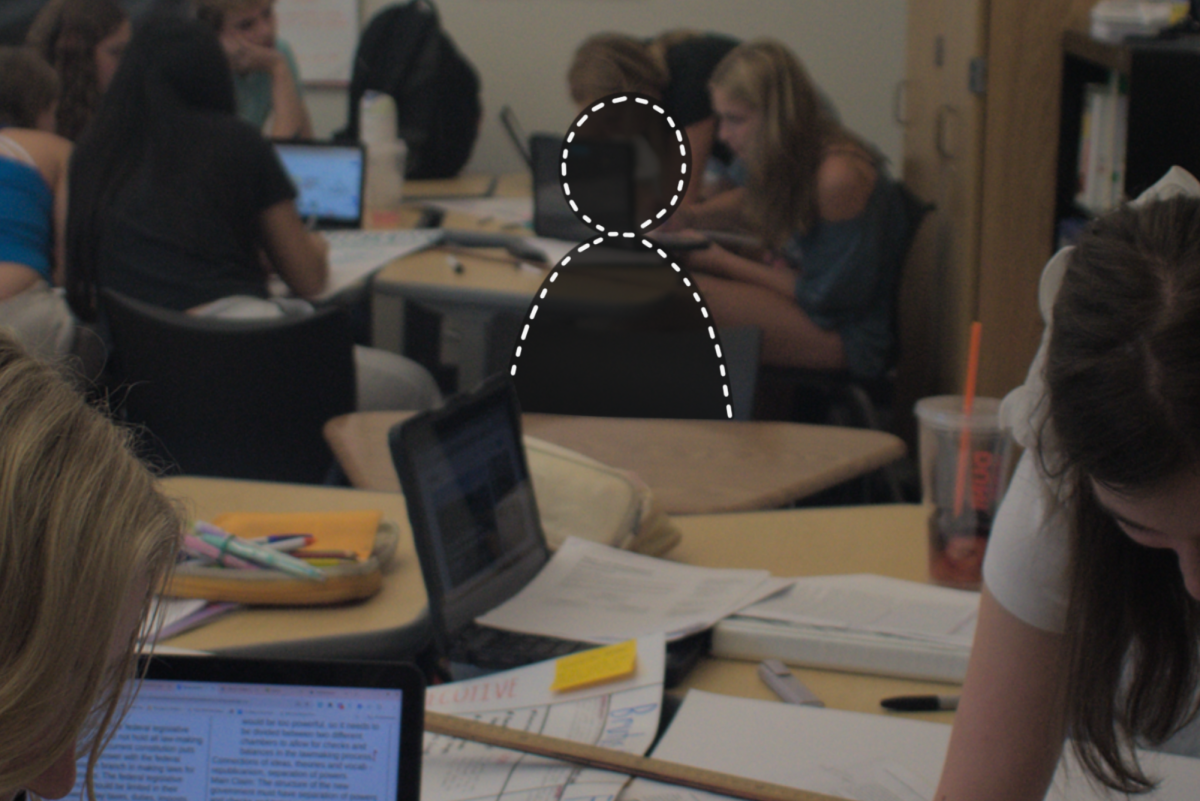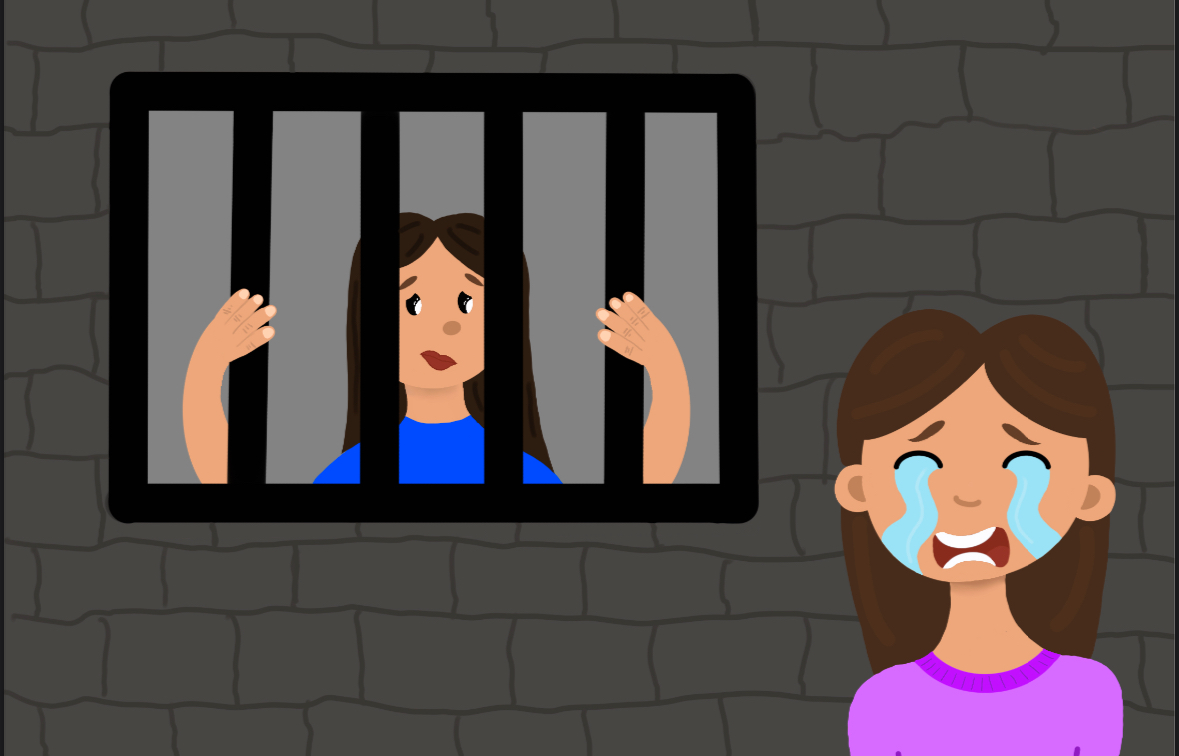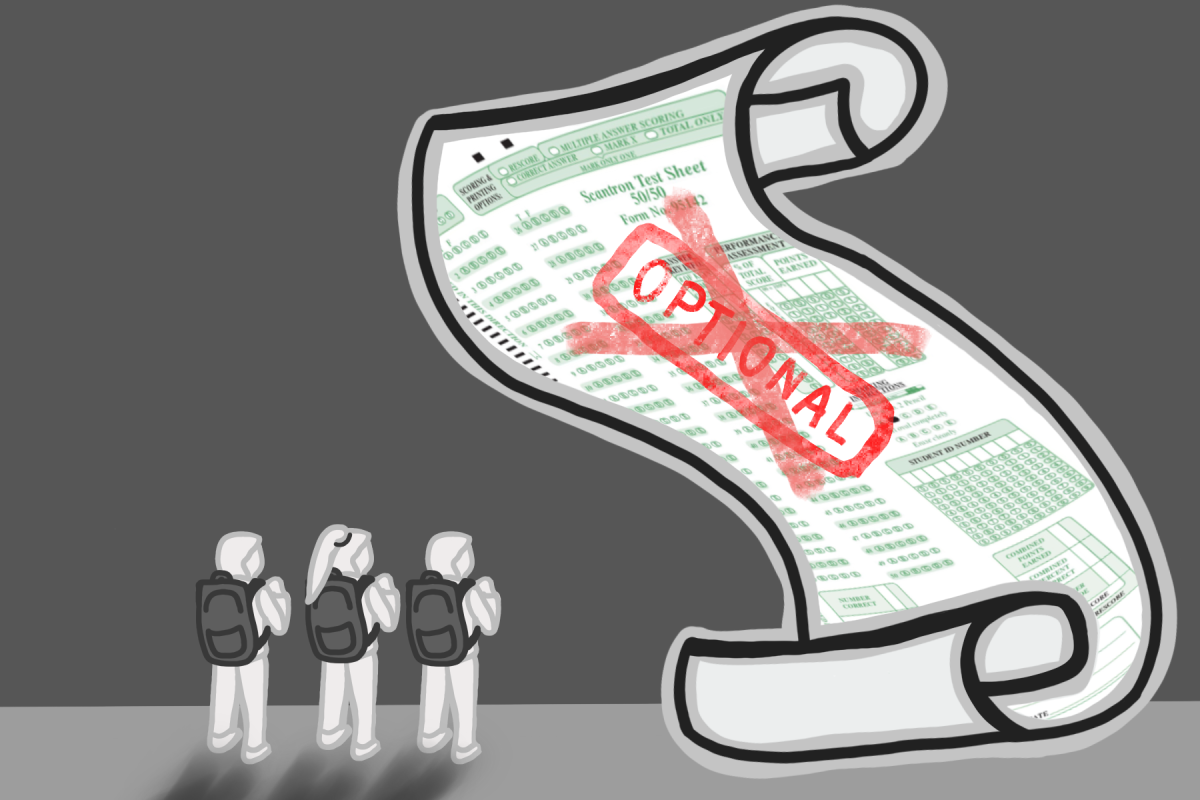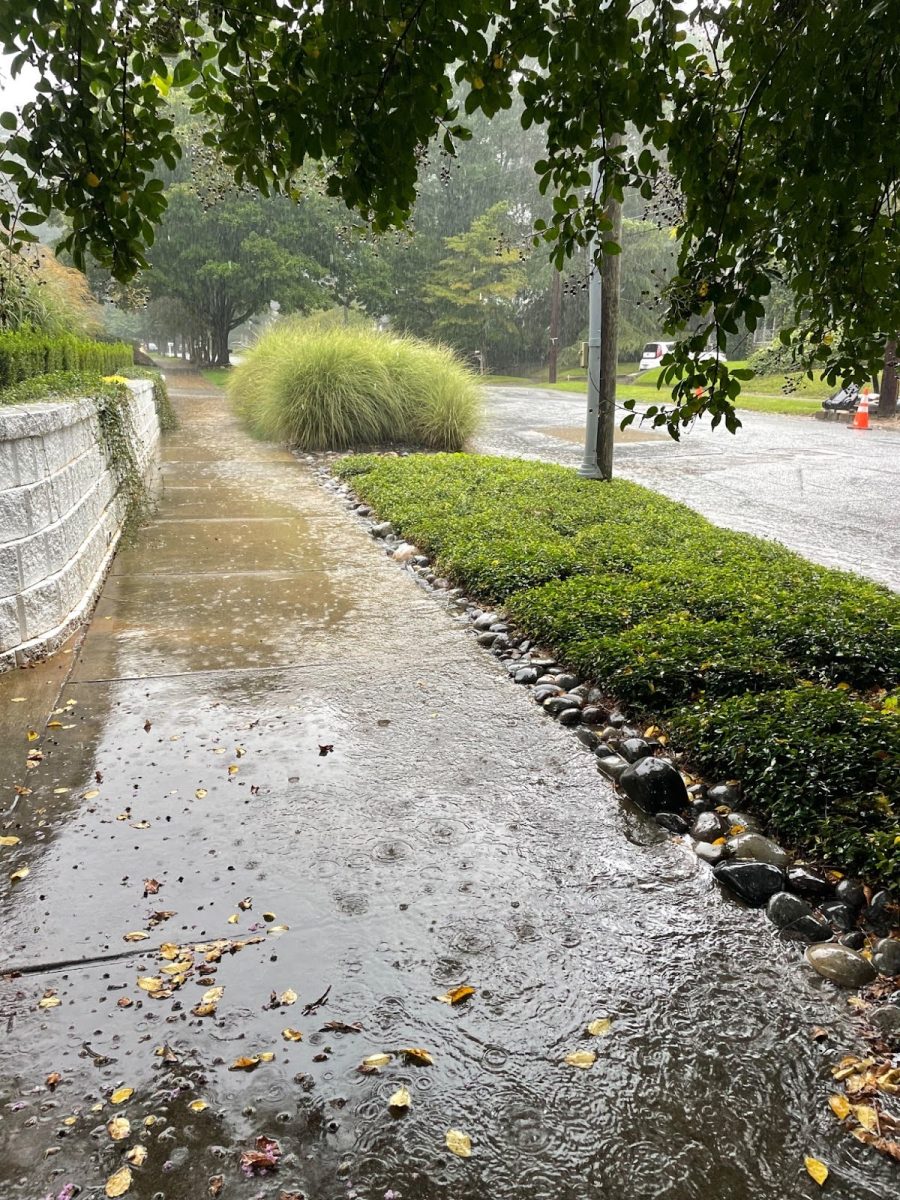Lt. Gov. Burt Jones’s proposal to pay teachers an annual stipend to be armed in the classroom has sparked resistance from teachers and students. Many have expressed concerns over additional responsibilities on teachers and utilizing money as an incentive in an occupation that is historically low-paying.
Under his plan, teachers would be paid up to a $10,000 stipend per year if they carried a firearm at school and completed firearm safety training. Jones’s proposal calls for increased funding to be allocated to hiring school resource officers and creating stricter rules for school safety plans. Social studies teacher Jason Slaven said this plan adds more responsibility to a job that is already demanding.
“I feel like they’re adding more responsibility onto the plates of teachers who already have so much to deal with,” social studies teacher Jason Slaven said. “I think the funding is great if you want to give teachers more responsibility. We’ve all had to adapt [after COVID] and become more flexible, and [this would] now add a new dimension to our already very stressful jobs. I don’t know if this is the right way to go about school safety.”
Teachers in only three districts in Georgia, Laurens, Gordon, and Fannin County school districts, are currently allowed to be armed in the classroom. It would be up to individual school districts to decide whether to adopt this plan, which will be voted on in January when the state legislature reconvenes.
Literature teacher Susan Barber believes financially incentivizing teachers to carry guns at school could have adverse effects in an occupation that is historically low-paying.
“I think, in reality, it doesn’t play out,” Barber said. “A lot of teachers, as a profession, are not paid very well. I think teachers may be motivated for the wrong reasons to have a gun in their classroom.”
Since 2014, teachers in Georgia have been permitted to be armed in schools, but the decision whether to adopt this has been left up to school districts. Senior Delia Schroeder, president of the March for Our Lives Club, believes that having teachers who have been incentivized to be armed would create a negative impact on the environment within the school.
“Teachers and students would both be on edge,” Schroeder said. “Having weapons in school is dangerous. You never know what could happen and who might end up in possession of it. Kids should not be worried about being harmed, period, especially in an environment that is supposed to be a safe place and place for growth and development.”
Slaven said state funding would be better used to train more school faculty to be prepared to deal with mental health crises that can cause dangerous situations in schools.
“We need more people who are trained to deal with situations where students are going through trauma and know how to identify those specific issues and resolve them,” Slaven said. “We should have a team of people in every single school that is trained specifically to deal with and help students who are experiencing a mental health crisis.”
Slaven believes the state more broadly needs to change the focus on school safety to concentrate more on the cause behind violence in schools.
“In general, we focus so much on deterrence and hardening,” Slaven said. “So we’re just focusing so much on deterrence instead of trying to fix the actual root causes of this, and in doing that, we have to respond to everything. That makes people afraid.”
Schroeder believes policymakers should focus on improving access to mental health resources and creating stricter restrictions rather than increasing the number of firearms within schools.
“Rather than arming teachers, we should be campaigning for proper legislation, including universal background checks and the assault weapons ban,” Schroeder said. “We should also be looking at improving mental health resources as mental health and gun violence are closely linked.”
Slaven believes encouraging teachers to arm themselves in the classroom would change relationships between teachers and students and impact the dynamic of classrooms.
“It changes the way that you interact with someone if you see that they have a gun on their waist — having [the gun] just be another aspect of the dynamics inside of a classroom,” Slaven said. “If anything, it will make students less likely to want to form a relationship with the teachers.”
Schroeder hopes students reach out to lawmakers through the March For Our Lives Club to express their opinions on the proposal and impact the legislature’s vote in January.
“The Midtown MFOL chapter is in contact with our legislators about gun control-related proposals, and we will continue to speak up against gun violence,” Schroeder said. “Our club wants to expand and gain more members to have a stronger chance in fighting a proposal like this. Even if people aren’t part of our club I encourage them to reach out to their legislators.”





